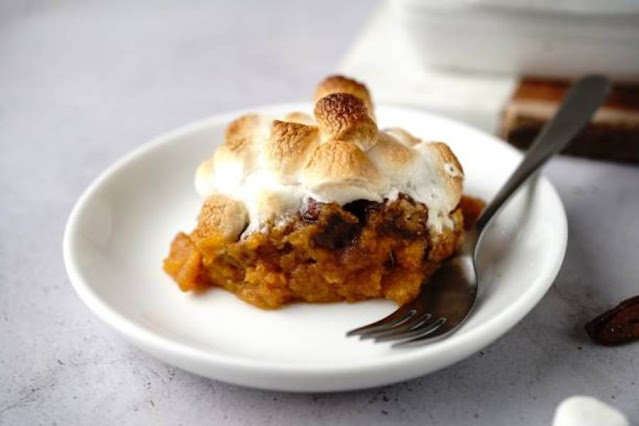Featured
- Get link
- X
- Other Apps
Is It Normal For A Tattoo To Itch? – Know The Answer
Introduction
.jpg)
A. Tattoos are a form of self-expression and art practiced
for centuries.
B. It's common for individuals to experience various
sensations during tattoo healing.
C. One of the ordinary experiences is itching, which can
sometimes raise questions about its normalcy.
D. This discussion aims to show whether itching after
getting a tattoo is a typical part of the healing journey or if it might
indicate a problem.
B. Highlight the Common Experience of Itching After Getting
a Tattoo
Widespread Experience: Itching is a frequently reported
sensation among individuals who have recently received tattoos. bigcommerceblog
Timing: Itching usually becomes noticeable a few days after
the tattooing process.
Duration: Depending on the individual's healing process and
aftercare routine, the itching phase can persist for several days to a few weeks.
Localized Itching: It's often concentrated around the
tattooed area but can sometimes extend to the surrounding skin.
It's essential to recognize that while itching can be
bothersome, it's typically considered a natural and expected part of the tattoo
healing process.
III. Reasons Behind Tattoo Itching
A. Body's Healing Response:
1. The body treats a tattoo as a wound and initiates a
healing response.
2. During the healing process, the immune system releases
histamines to aid in repairing damaged tissues.
3. Histamines can cause the sensation of itching as they
stimulate nerve endings in the skin.
B. Peeling and Scabbing: techiesstar
1. As the tattooed area heals, the top layer of the skin
might peel or scab.
2. This shedding of old skin can trigger itchiness as the
new skin underneath is exposed.
C. Dryness and Tightness:
1. Tattooed skin tends to be drier due to the healing
process and the aftercare routine.
2. Dry skin is more prone to itching, and the tightness of
healing skin can exacerbate this sensation.
D. Allergic Reactions:
1. Although less common, allergic reactions to tattoo ink
can cause itching.
2. Redness, swelling, and persistent itching might indicate
an allergic response.
E. External Irritants:
1. External factors such as clothing friction, sweating, and
irritant exposure can contribute to itching.
2. Overwashing with harsh soaps or inappropriate aftercare
products can also lead to skin irritation and itching.
Understanding the underlying reasons for tattoo itching can
help individuals distinguish between normal healing sensations and potential
complications. techtargetmedia
B. Emphasize the Significance of Keeping the Tattoo Clean
and Moisturized
Cleanliness for Healing:
Proper hygiene is essential to prevent infections during the
healing process.
Clean the tattooed area with mild, fragrance-free soap and
lukewarm water.
Pat the area dry with a clean towel, avoiding rubbing that
could irritate.
Moisturization for Comfort:
Applying a recommended tattoo-friendly moisturizer helps
alleviate dryness and itching.
Moisturizers create a protective barrier that prevents
excessive dryness and soothes irritated skin.
Opt for products without harsh chemicals or fragrances, as
these can further irritate the healing skin.
Avoid Over-Moisturizing:
While moisturizing is essential, excessive application can
trap moisture and delay healing.
Follow the advice of your tattoo artist or aftercare
instructions for the appropriate frequency.
Prevent Cracking and Peeling:
Well-moisturized kin is less likely to crack, peel, or form
thick scabs contributing to itching.
Regular moisturization promotes healthier, more comfortable
healing. worldwidewebblog
Maintaining a balance between cleanliness and moisturization
can create an optimal healing environment for your tattoo and reduce the
intensity of itching during the healing process.
- Get link
- X
- Other Apps
